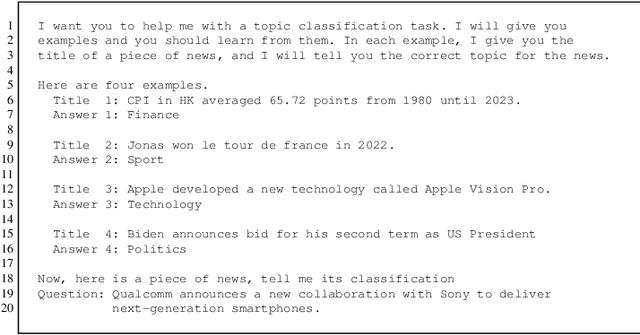The Power of Large Language Models for Wireless Communication System Development: A Case Study on FPGA Platforms
Paper and Code
Jul 14, 2023



Large language models (LLMs) have garnered significant attention across various research disciplines, including the wireless communication community. There have been several heated discussions on the intersection of LLMs and wireless technologies. While recent studies have demonstrated the ability of LLMs to generate hardware description language (HDL) code for simple computation tasks, developing wireless prototypes and products via HDL poses far greater challenges because of the more complex computation tasks involved. In this paper, we aim to address this challenge by investigating the role of LLMs in FPGA-based hardware development for advanced wireless signal processing. We begin by exploring LLM-assisted code refactoring, reuse, and validation, using an open-source software-defined radio (SDR) project as a case study. Through the case study, we find that an LLM assistant can potentially yield substantial productivity gains for researchers and developers. We then examine the feasibility of using LLMs to generate HDL code for advanced wireless signal processing, using the Fast Fourier Transform (FFT) algorithm as an example. This task presents two unique challenges: the scheduling of subtasks within the overall task and the multi-step thinking required to solve certain arithmetic problem within the task. To address these challenges, we employ in-context learning (ICL) and Chain-of-Thought (CoT) prompting techniques, culminating in the successful generation of a 64-point Verilog FFT module. Our results demonstrate the potential of LLMs for generalization and imitation, affirming their usefulness in writing HDL code for wireless communication systems. Overall, this work contributes to understanding the role of LLMs in wireless communication and motivates further exploration of their capabilities.
 Add to Chrome
Add to Chrome Add to Firefox
Add to Firefox Add to Edge
Add to Edge